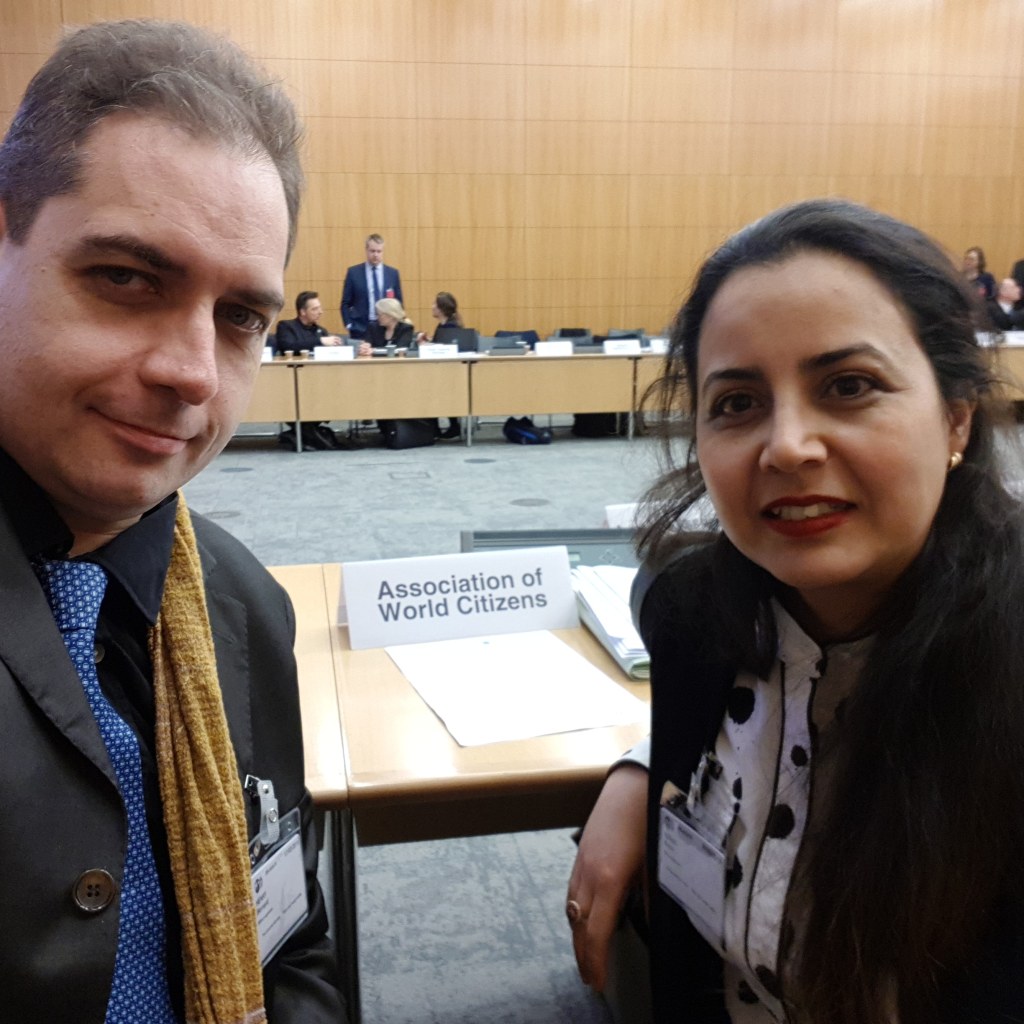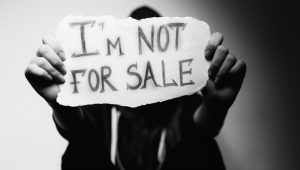Par Bernard J. Henry
Dans la Libye où rien ne semble pouvoir éteindre les braises de la guerre civile, l’appel à un cessez-le-feu et à la poursuite des négociations lancé le 6 juin par le Président égyptien Abdel Fattah al-Sissi en présence du Général Khalifa Haftar a vécu.

Le Général Khalifa Haftar
Le 4, les troupes du Gouvernement d’accord national (GAN) du Premier Ministre Fayez al-Sarraj, reconnu par l’ONU, reprenaient la ville. Une défaite majeure pour Haftar, longtemps vu comme l’homme fort du pays mais dont les revirements sur les accords conclus et le refus d’en adopter de nouveaux ont mené à sa remise en question, y compris par l’Egypte et la Russie qui lui préféreraient, pour représenter la Cyrénaïque qui recouvre le tiers oriental de la Libye, Aguila Saleh, le Président du Parlement hostile au GAN.
Le 9, les chefs de la diplomatie français, italien et allemand, accompagnés du Haut Représentant de l’Union européenne, appelaient ensemble à reprendre les pourparlers et la recherche d’un cessez-le-feu, prenant en compte les discussions du Caire et demandant dans un communiqué conjoint «instamment, toutes les parties libyennes et internationales à faire cesser de manière effective et immédiate toutes les opérations militaires et à s’engager de façon constructive dans les négociations en format 5+5, sur la base du projet d’accord du 23 février».
Néanmoins, la course à l’influence menée par les diplomaties russe et turque menace d’emblée toute recherche de la paix sur ce seul fondement. Comment, dès lors, envisager une paix prochaine et durable dans la Libye qui, depuis 2011 et la fin du régime Kadhafi, n’a plus d’État que le nom ?
Un Etat qui n’a jamais su s’inventer
Avec le retournement de la situation militaire, les espoirs sont ouverts pour des négociations plus fructueuses et, plus encore, afin d’envisager des formes nouvelles et stables de gouvernement.

Le Premier Ministre Fayez al-Sarraj
De longue date, l’Association of World Citizens (AWC) appelle à la création en Libye de structures gouvernementales nouvelles qui prennent en compte la nature géographique du pays, particulièrement en ce qui concerne la nature tribale de la population.
Après la fin de la colonisation italienne en 1952, la Libye fortement marquée par les combats de la Seconde Guerre Mondiale n’a jamais su se trouver en tant qu’entité étatique, ni la monarchie du roi Idriss Ier, ni la République arabe libyenne proclamée en 1969 par Mouammar Kadhafi et encore moins la Jamahiriya, néologisme signifiant «l’État des masses» et désignant une forme d’Etat minimaliste mise en place en 1977 n’étant parvenues à cimenter le pays.
Depuis la fin du régime Kadhafi en 2011, deux provinces de Libye démontrent cet échec par deux exemples extrêmes.
Un conte de deux Libye – sans grandes espérances
A la frontière sud derrière le Sahara, le Fezzan et ses oasis abritent plus de deux cent mille personnes. La terre de l’ordre soufiste du roi Idriss n’inquiétait guère Tripoli du temps de Kadhafi, qui n’y voyait guère un foyer de contestation. Mais après 2011, le Fezzan s’est trouvé livré au trafic de drogue, d’armes et même d’êtres humains. Il a fallu que ce soit l’ancienne puissance coloniale, l’Italie, qui attire l’attention sur l’anarchie gangrénant le Fezzan – et pour cause, nombre de migrants africains qui gagnent le pays passaient par cet enfer.

Ibrahim Jadran
A l’est, le Cyrénaïque adossé à l’Egypte a vu se développer dans l’ère post-Kadhafi le règne d’un chef de milice, Ibrahim Jadran. Emprisonné en 2005 avec ses quatre frères pour avoir tenté de fomenter une rébellion armée contre le «guide de la révolution» Kadhafi, il sort avec eux de prison à la faveur de la révolution de 2011. Accédant l’année suivante à la hiérarchie des Gardes de Défense du Pétrole protégeant les infrastructures pétrolières du pays, il se prononce pour un fédéralisme aussi décentralisateur que possible en Libye. L’année suivante, il instaure le Bureau politique de Cyrénaïque et proclame l’autonomie de la province, défiant Tripoli et tentant sans succès de vendre à son seul profit du pétrole à l’étranger. En juin 2018, il fuit la débâcle de sa Force d’autodéfense de la Cyrénaïque, un temps forte de 17 500 hommes devant les troupes de Haftar. Le 12 septembre, le Conseil de Sécurité de l’ONU adopte des sanctions individuelles contre Jadran pour ses attaques armées contre les forces du général.
Si les deux provinces offrent ce que Charles Dickens, auteur d’Un conte de deux cités, aurait pu appeler un «conte de deux Libye», il n’existe dans l’une et l’autre aucune place pour Les grandes espérances, autre roman de Dickens, tant le chaos qui mène au banditisme généralisé et l’aventure personnelle d’un seigneur de la guerre se voulant magnat du pétrole sont deux exemples de ce que l’avenir de la Libye ne doit pas être.
La Libye comme l’Europe, «Unie dans la diversité»
L’histoire l’a quelque peu oublié, mais l’Etat libyen de 1952 se nommait le Royaume-Uni de Libye, à l’image de la Grande-Bretagne. Pour autant, tenter d’unir autour d’une figure monarchique un pays aux identités locales, voire «micro-locales» selon l’expression du chercheur français Patrick Haimzadeh, à ce point enracinées et prononcées relevait de l’utopie, sans une forme de gouvernement à l’image, par exemple, du Royaume-Uni contemporain avec un Parlement en Ecosse, une Assemblée du Pays de Galles et une autre en Irlande du Nord en plus du Gouvernement britannique à Londres.

L’histoire n’était pas prête, sans doute. Elle ne le sera pas davantage si, au cas où le Brexit tournerait mal, les nations composant le Royaume-Uni venaient à se découvrir plus diverses qu’elles ne sont unies et l’une ou plusieurs d’entre elles plébiscitaient leur indépendance.
Aujourd’hui, le seul salut de la Libye réside dans une structure gouvernementale faisant d’elle un pays qui soit à l’image de la devise de l’Union européenne, «Unie dans la diversité». Désunis, les Britanniques ne se tueraient pas. Les Libyens, oui, depuis près de dix ans. Ce qui leur manque, ce n’est pas un homme pour les diriger. C’est de pouvoir se diriger eux-mêmes, être eux-mêmes et apprendre à se ressembler dans la différence.
Bernard J. Henry est Officier des Relations Extérieures de l’Association of World Citizens.

















